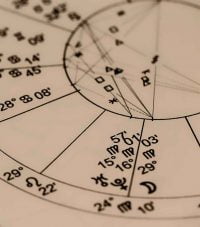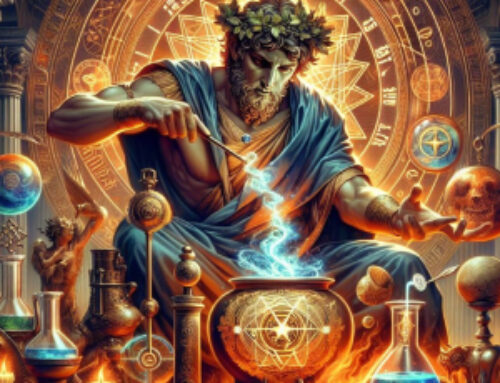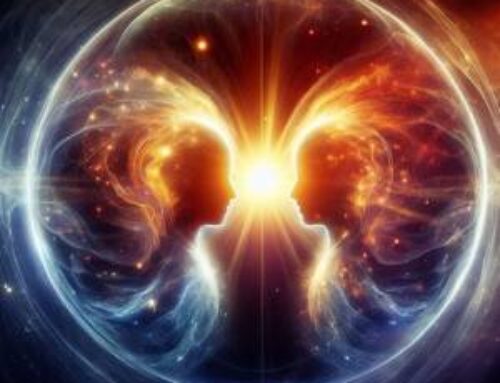Contents
Astrology has lost much of its credibility due to fortune tellers and profane astrologers.
Despite its ancient history as one of the arcane arts, it is not about horoscopes in a magazine or choosing a partner, but a powerful tool for personal development.
Astrology is the interpretation of the relationship between astronomical events and human beings.
Its history dates back to ancient China, Mesopotamia and ancient Greece, where it was practiced.
In Europe, it was first rejected, then adapted to Christianity. In recent years has gained popularity through horoscopes.
The foundation of astrology is based on the ancient principle of “as above, so below”, which corresponds to the second Hermetic Principle (law of correspondence).

Modern astrology is divided into four approaches:
- Esoteric astrology- based on knowledge handed down by a divine being.
- Symbolic astrology- based on a traditional system of interpretation.
- Empirical/scientific approach- tries to establish an empirical basis.
- Influence hypothesis- which suggests that all living things are influenced by the planets.
The Zodiac consists of twelve signs: Aries, Taurus, Gemini, Cancer, Leo, Virgo, Libra, Scorpio, Sagittarius, Capricorn, Aquarius, and Pisces. These signs are based on the constellation at the time of birth and form the basis of a horoscope.
In addition, our lives and biophysics are influenced and determined by the position of the constellations in the zodiac at the time of our birth.
There are also seven “old planets”: Moon, Mercury, Venus, Sun, Mars, Jupiter, Saturn, and “modern planets”: Neptune, Pluto, Uranus.
Another essential element of astrology is the lunar nodes. These are the points where the path of the Sun intersects the path of the Moon.
Analyzing the lunar nodes provides information about a person’s destiny and purpose in life. It also reveals details about life tasks and the meaning of life.
In this context, the concepts of Ascendant and Descendant are important.
The Ascendant is the degree rising on the eastern horizon at the time of birth, depending on place and time. The Descendant is the degree on the western horizon, the opposite of the Ascendant.
The Ascendant provides information about one’s basic motivation and personality, making it central in astrology.
Symbols in astrology have always played an important role in Hermeticism. In Hermetic astrology, as taught in the courses of the Hermetic Academy, the primary goal is to correct one’s elements for the better and to express one’s potential constructively.
What’s the difference between astronomy and astrology?
Astronomy- is the scientific study of celestial objects and phenomena in space.
Astrology- focuses on interpreting the relationship between astronomical events and human beings. Its history dates back to China, Mesopotamia, and ancient Greece.
In Europe, it was first opposed, then adapted to Christianity, and has gained popularity especially in recent years through horoscopes.
Why do we have zodiac signs?
Zodiac signs are based on the constellation at the time of birth and are divided into twelve signs: Aries, Taurus, Gemini, Cancer, Leo, Virgo, Libra, Scorpio, Sagittarius, Capricorn, Aquarius, and Pisces.
These signs form the basis of a a horoscope, and according to astrological teachings, our lives are influenced by the position of the constellations at the time of our birth.
The Hermetic teachings of astrology can be studied online at the Hermetic Academy.
This approach allows one to become the master of one’s destiny.





